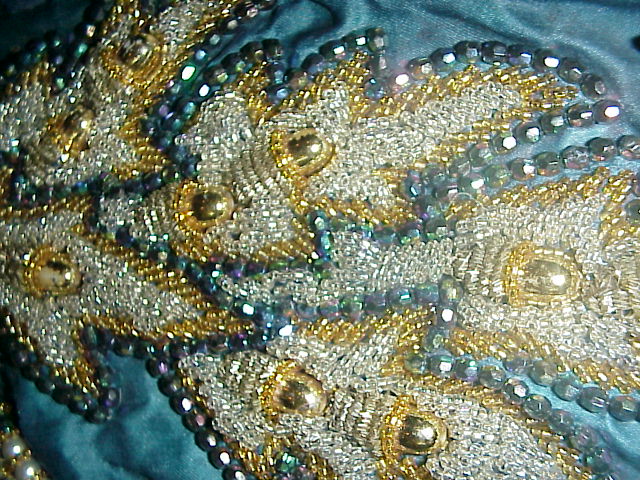===
0099,
4
===

=== |
 |
FWP:
SETS == GROTESQUERIE
MOTIFS == DESERT
NAMES
TERMS == PADDINGPart of the effect of 'grotesquerie' comes in because it's hard to make blisters poetic in English (any more than one can do the trick with the 'liver'), because so many of our associations with them are distasteful and what in my generation we used to call 'gross'. We're only too aware that blisters, boils, pustules, pimples, etc. can have all kinds of off-putting fluids in them, not just the innocuous 'water' or serum that the ghazal world wants us to imagine.
Note for grammar fans: The correlation between perfect forms in Urdu and English is often not precise. Almost always it's because the Urdu form is one step farther in the past than the English one would be. Here, it's intriguingly reversed: any English speaker narrating this incident would use 'burst', or 'had burst', rather than Mir's 'has burst'.